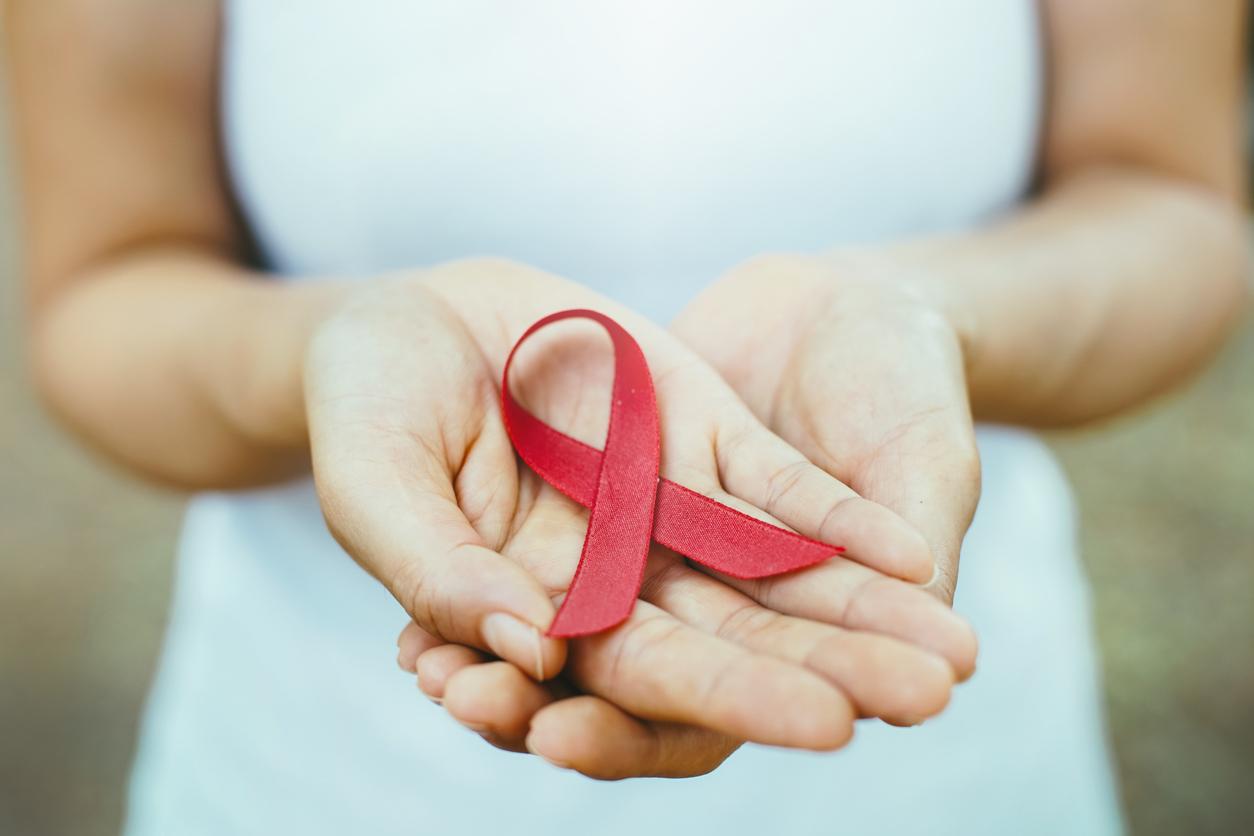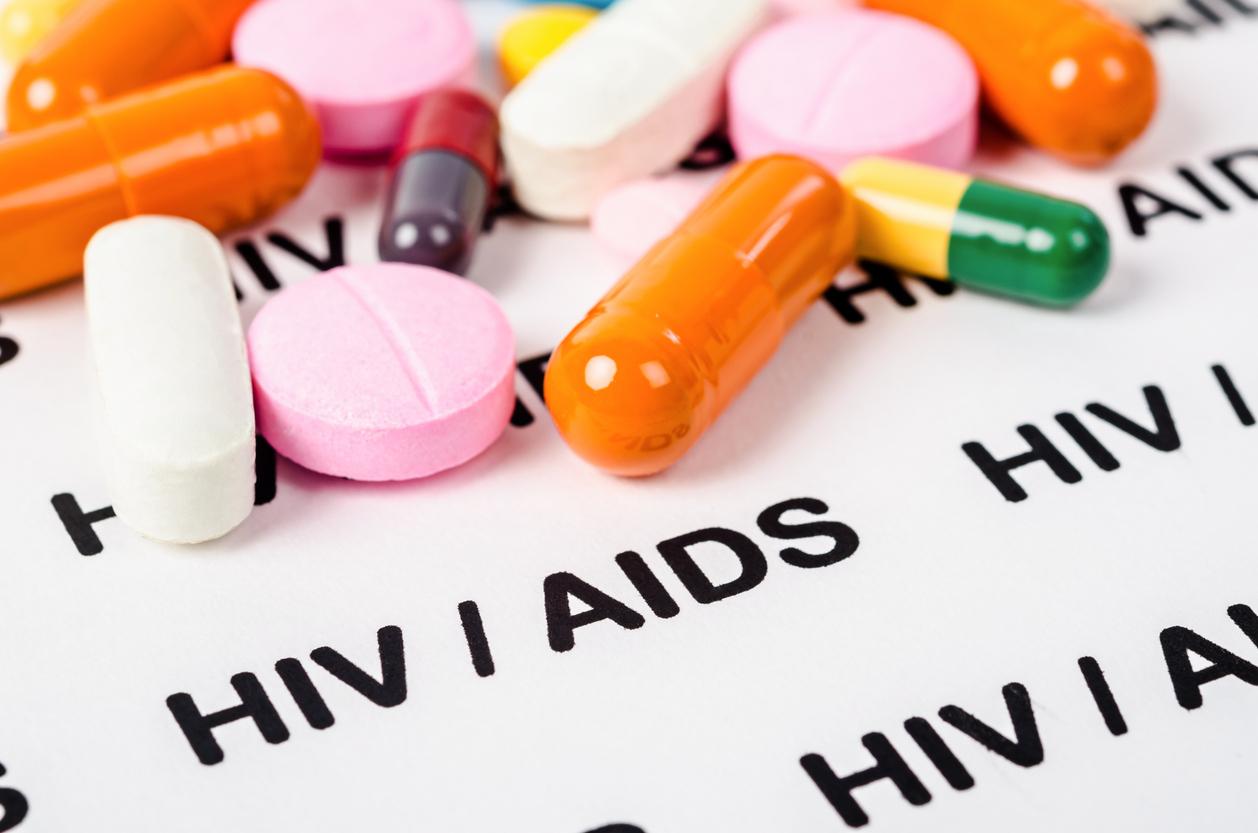UNAIDS aims to control the epidemic by 2030. An achievable goal provided that HIV testing is developed in poor countries as in rich countries.

Sub-Saharan Africa is unfortunately not dethroned. This part of the globe alone concentrates 70.8% of AIDS cases, reveals the latest UNAIDS report. The situation is improving all the same, since since 2005, new infections have fallen by 33%.
What about in developed countries? According to UNAIDS estimates, 2.3 million people are living with HIV in the United States and Western and Central Europe. The United States alone concentrates 56% of cases, but France comes just behind with 8% of cases.
Beyond the figures, what UNAIDS notes is that in Europe, many people at risk do not take an HIV test. A study conducted in France and published in 2010 estimated that 29,000 people are living with the virus and not knowing it. In addition, other studies have shown that many AIDS diagnoses were made late. For the UN organization, “this problem of late diagnosis clearly reflects a lack of access and use of screening and counseling centers in many countries”. A problem that pays dearly: a late diagnosis means that the infected person is 11 times more likely to die in the year in which they have performed the test than if the screening had taken place after exposure to the virus. In England and Scotland, for example, 81% of the 2,000 deaths in the last decade are due to insufficient screening.
This lack of screening tests is obviously not a specialty of developed countries. More than half of the 35 million people living with HIV (19 million) are unaware they are infected with the virus. “We have to completely change our approach, standardize screening,” said Michael Sibid, executive director of UNAIDS.
Another fault pointed out by UNAIDS in developed countries: although antiretroviral treatment has become very affordable, access to HIV services and programs focusing on risky behavior remains “a challenge”. However, in 2011, in France and Germany for example, more than half of homosexuals declared having had unprotected sex.
Finally, in Europe, the situation is particularly critical in Russia. Some 70,000 to 80,000 new infections are recorded each year. “If Russia does not change the way it faces the AIDS epidemic, they will have to face a much more serious situation in the near future,” warned the deputy executive director of UNAIDS.
.

















